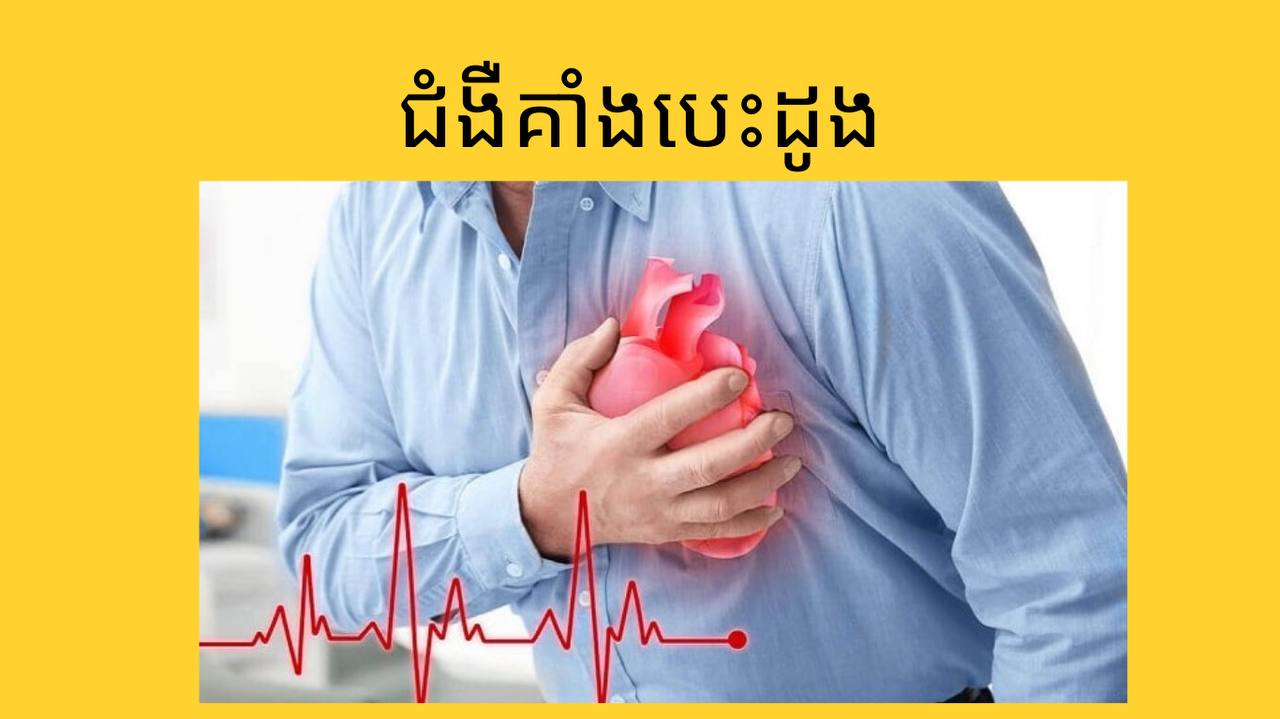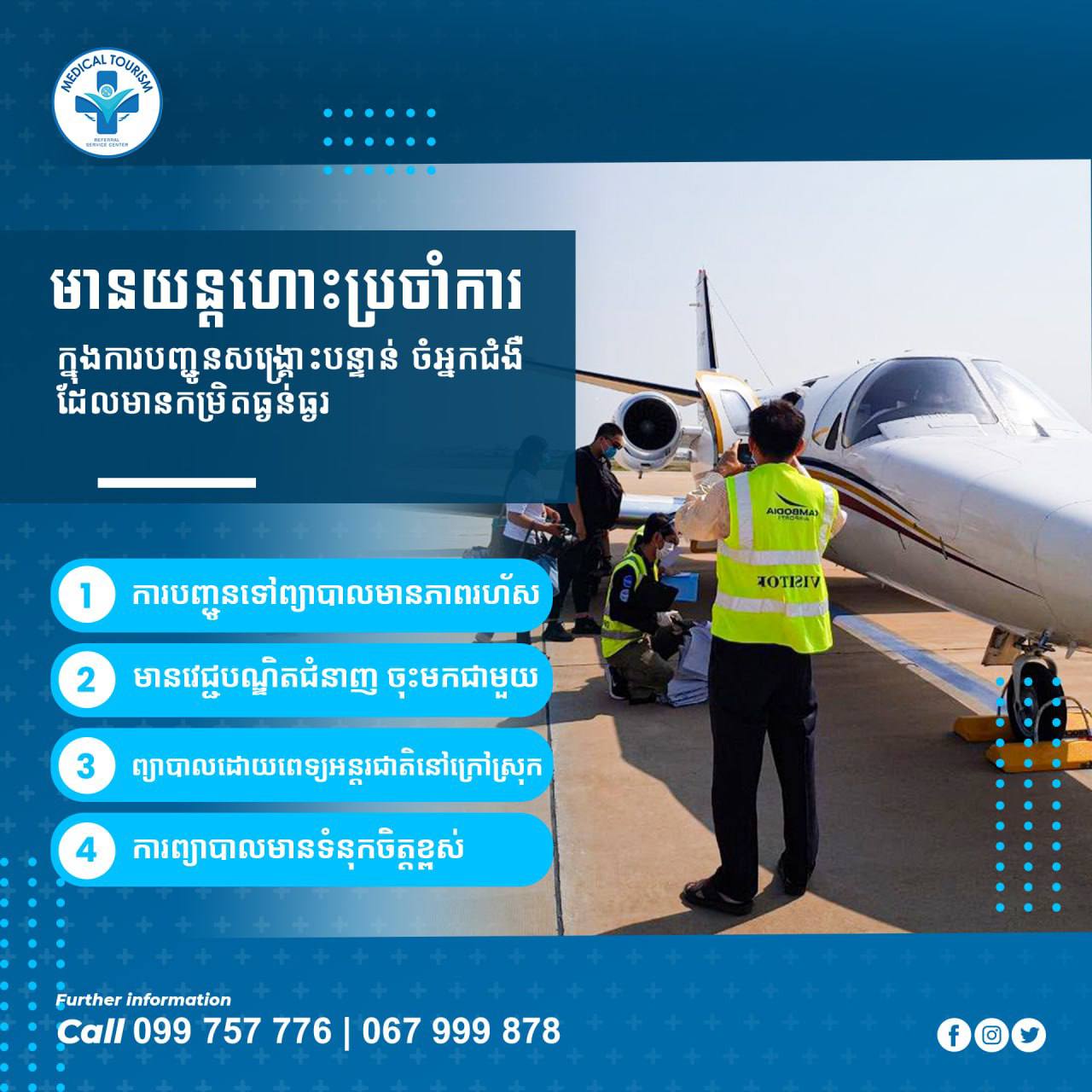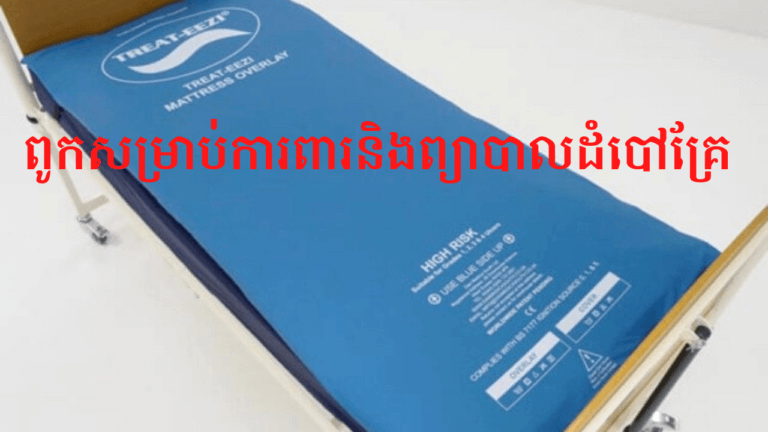Diseases January 20th, 2025
Heart attack

A heart attack (myocardial infarction) occurs when blood flow to a part of the heart muscle is blocked, often due to a buildup of fatty deposits (plaque) in the coronary arteries. Without enough oxygen-rich blood, the heart muscle can become damaged or die.
Causes of a Heart Attack
1. Coronary Artery Disease (CAD): The most common cause. Plaque builds up in arteries, reducing blood flow.
2. Plaque Rupture: A blood clot forms at the site of a ruptured plaque, blocking blood flow.
3. Spasm of Coronary Artery: A sudden tightening or spasm can cut off blood supply.
4. Risk Factors:
-
- High blood pressure
- High cholesterol levels
- Smoking
- Diabetes
- Obesity
- Sedentary lifestyle
- Family history of heart disease
- Stress
- Poor diet (high in saturated fat and processed food)
Symptoms of a Heart Attack
Common symptoms:
- Chest pain or discomfort (pressure, squeezing, or fullness) that may last a few minutes or come and go.
- Pain radiating to the arm, neck, jaw, or back.
- Shortness of breath.
- Nausea, vomiting, or indigestion-like symptoms.
- Cold sweat.
- Lightheadedness or dizziness.
Atypical Symptoms (more common in women, elderly, or diabetics):
- Sudden fatigue
- Pain in the upper abdomen
- Fainting
What to Do in Case of a Heart Attack
1. Call Emergency Services Immediately: Every minute matters to prevent permanent damage.
2. Chew Aspirin (if not allergic): 150–325 mg can help thin the blood and improve blood flow.
3. Stay Calm and Rest: Sit down and avoid exertion.
4. Nitroglycerin: If previously prescribed, take it as directed.
Treatment for Heart Attack
1. Immediate Hospital Care:
-
- Medications like thrombolytics (clot busters), blood thinners, and pain relievers.
- Angioplasty and Stenting: To reopen blocked arteries.
- Coronary Artery Bypass Surgery (CABG): Rerouting blood flow around the blocked artery.
2. Recovery and Management:
-
- Lifestyle changes: Quit smoking, improve diet, exercise regularly.
- Medications: Blood thinners, beta-blockers, statins, and ACE inhibitors.
- Cardiac rehabilitation: A supervised program to regain strength and prevent future heart issues.
Prevention of heart attacks
- Manage blood pressure, cholesterol, and diabetes.
- Maintain a healthy weight.
- Eat a heart-healthy diet (e.g., Mediterranean diet).
- Exercise regularly (at least 150 minutes/week).
- Avoid smoking and excessive alcohol consumption.
- Manage stress effectively.
If you or someone you know is experiencing symptoms of a heart attack, it’s critical to seek emergency medical help immediately. Early treatment saves lives.
- Tags:
- Heart Attack, ជំងឺគាំងបេះដូង



